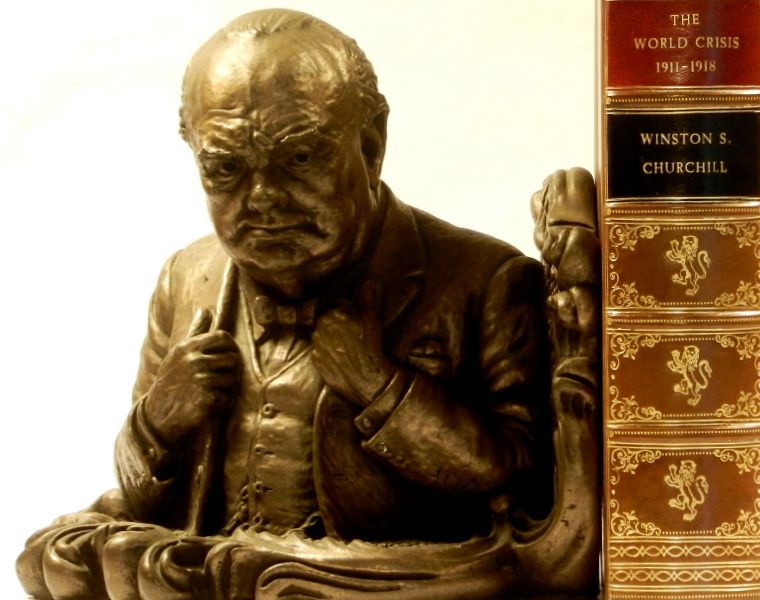signed first edition Hardcover
1914 · London
by Robert Frost
London: David Nutt, 1914. First edition. Hardcover. This first edition, first issue, final binding state of the authors second published book is signed by Frost in black ink in four lines on the front free endpaper: "Robert Frost | Amherst 1924 | (Little Iddens, Leddington, | near Ledbury, England, 1914). Frost and his family moved to Little Iddens in early April, 1914, occupying a two-story cottage with a vegetable garden and orchards of apple, plum, and pear. Mid-May 1914 saw Frosts second published book, North of Boston, which bolstered his newly minted literary reputation and precipitated his return to the United States. In 1924, when this copy (truncated)














